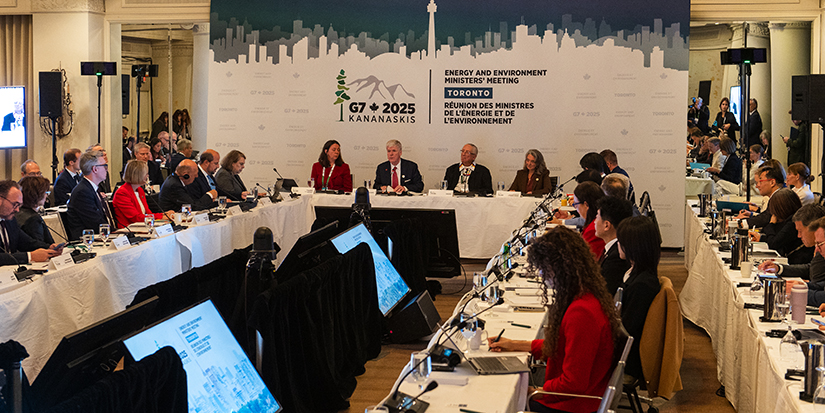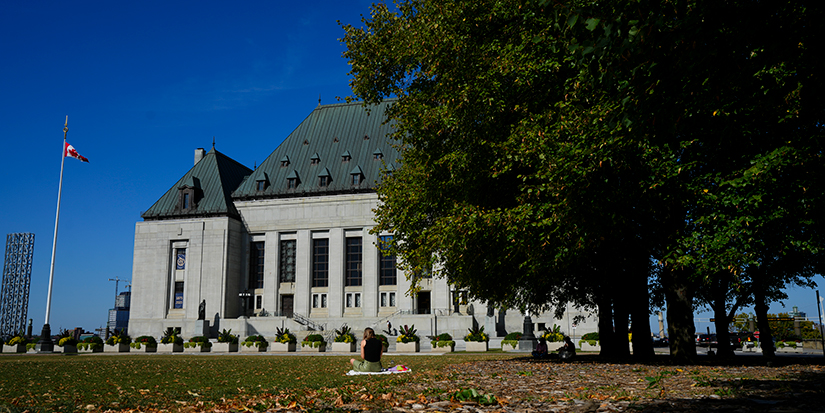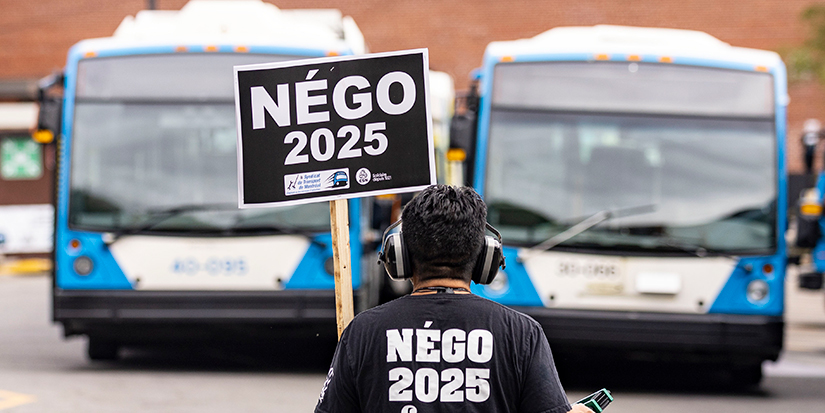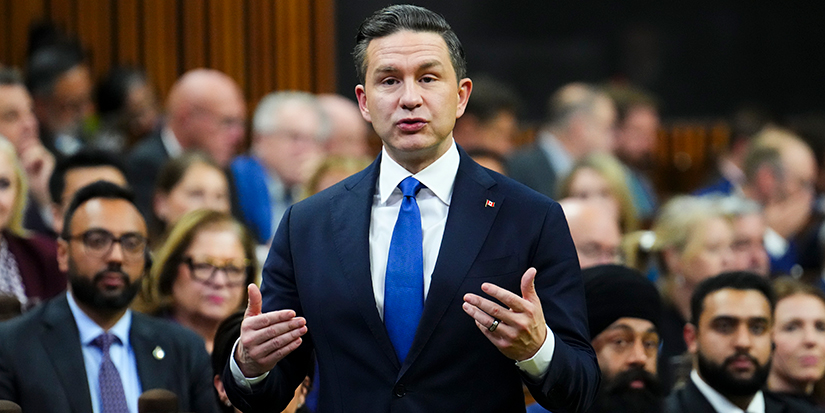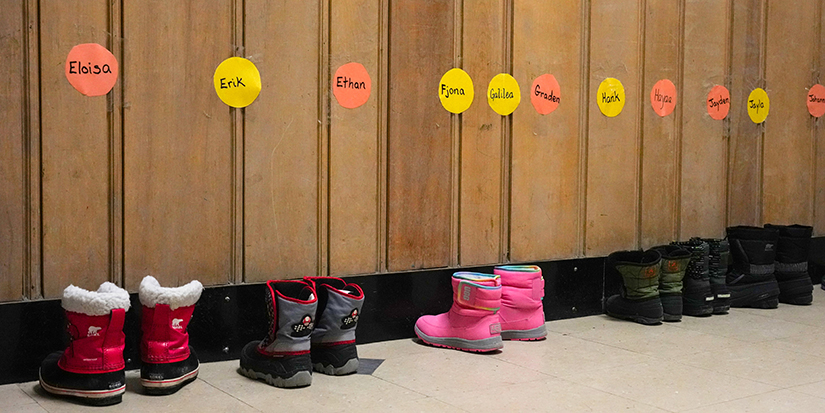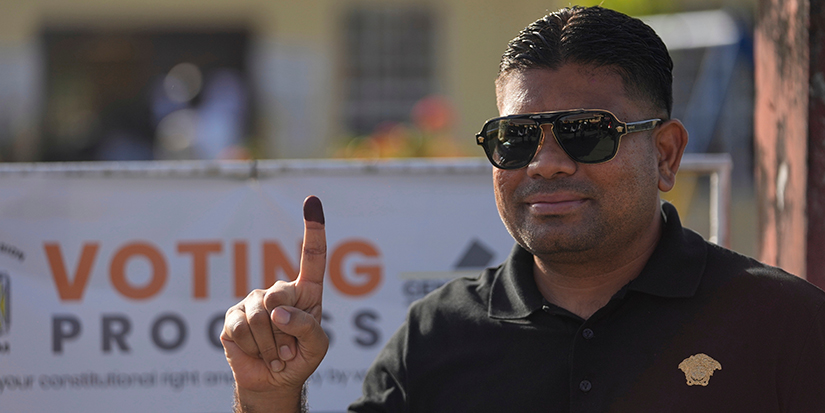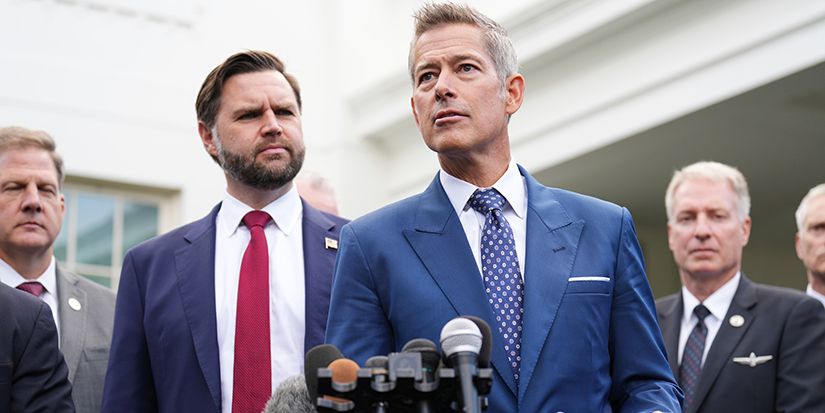Latest News
Province invests in maternity care, expands UBC midwifery program

Published 11:40 PST, Fri February 24, 2023
—
B.C. families will have improved access to maternity care as the province increases seats in the University of British Columbia’s (UBC) midwifery program by more than 70 per cent.
“In recent years, there has been increasing demand for midwifery services in B.C,” said Adrian Dix, Minister of Health. “This expansion at UBC will help more people pursue a rewarding career as a midwife and, in turn, allow more people to access midwifery care during an exciting time in their lives.”
The expansion at UBC adds 20 new seats to the program, bringing the total annual intake to 48. This includes 12 new seats in the bachelor of midwifery program, bringing the total annual intake from 20 to 32, and eight new seats in the Internationally Educated Midwives Bridging Program (IEMBP), bringing the annual intake from eight to 16. The IEMBP is an eight-to-10-month program that allows internationally educated midwives to become registered to practise in B.C. and is the only program of its kind in Canada.
“For two decades, UBC has been providing people with the education and training they need to become midwives and support British Columbians as they grow their families,” said Selina Robinson, Minister of Post-Secondary Education and Future Skills. “Now, even more people will be able to access this educational experience and help even more British Columbians. This seat increase for the midwifery program is part of our Future Ready plan, which is preparing people for the jobs of today and tomorrow by expanding access to post-secondary education and skills training.”
Four of the bachelor of midwifery seats were added in September 2022 and the remaining eight seats are being added in September 2023. The IEMBP seats were added in January 2022.
UBC’s midwifery program supports Indigenous learners in its admissions process and by incorporating cultural learning experiences and mentorship provided by Indigenous midwives and Elders throughout the four-year program. On average, 10 per cent of students enrolled in the program self-identify as Indigenous.
The Ministry of Post-Secondary Education and Future Skills has provided UBC with initial funding of $1.7 million to establish the additional seats and is providing $1.7 million annually, starting this year.
“For 20 years, graduates of UBC’s midwifery program have been providing respectful and responsive birth care for diverse families across B.C., including rural and remote communities,” said Dr. Dermot Kelleher, dean of UBC’s faculty of medicine and vice-president of health. “Expanding midwifery education at UBC will contribute to increased access to compassionate and culturally safe care so that more British Columbians can plan and have the birth experiences that they need and want closer to home.”
Creating opportunities for people to become midwives in B.C. is part of the province’s Health Human Resources Strategy, which was announced on Sept. 29, 2022. The strategy supports patients by ensuring they get the health services they need and are cared for by a healthy workforce. It focuses on 70 key actions to recruit, train, and retain health-care workers, while redesigning the health-care system to foster workplace satisfaction and innovation.
“I set out to become a midwife in order to empower families with evidence-based knowledge and culturally safe care,” said Simrat Dial, a second year UBC midwifery student. “Through a combination of case-based theory and practicum experiences in communities, UBC midwifery has enabled me to bridge the gap between theory and reality and build my confidence in my skillset as I do it. Expanding UBC’s midwifery program will result in new learning opportunities for students while reducing barriers to midwifery care and the program.”
Midwifery client Apinya Padermchok said: “My midwives offered me warm support and treated me like a member of their family. They truly cared about my health and my baby. They helped me plan, made sure my needs were considered, and supported me through labour and delivery and after my baby was born. Having more midwives will give more pregnant people the opportunity to experience this personalized care and support.”
Registered midwives provide primary maternity care to healthy pregnant clients and their newborn babies through pregnancy, labour, and birth until about six-weeks post partum. UBC offers the only midwifery program in B.C. The bachelor of midwifery program launched in 2002, followed by the Internationally Educated Midwives Bridging Program (IEMBP) in 2015.
There are about 536 registered midwives in B.C. In 2020–21, midwives assisted in more than 12,000 births, or about 27 per cent of births in the province, the highest proportion in Canada. Midwifery services are covered by B.C.’s Medical Services Plan.
Investing in new training seats for midwifery is part of StrongerBC’s Future Ready plan. Future Ready is making education and training more accessible, affordable, and relevant to help businesses grow and prepare people in B.C for the jobs of tomorrow.
To learn about UBC’s midwifery program, visit midwifery.ubc.ca/.












